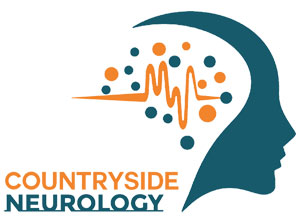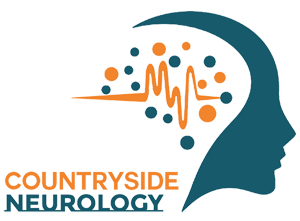Ataxia is a neurological condition characterized by a lack of muscle coordination, leading to unsteady movements and difficulty with balance and gait. While ataxia can be challenging to live with, understanding its types, symptoms, and management strategies can help individuals affected by the condition lead fuller and more independent lives.
Types of Ataxia: Ataxia can be classified into different types based on its underlying cause and presentation. Some common types of ataxia include:
- Spinocerebellar ataxia (SCA)
- Friedreich’s ataxia
- Cerebellar ataxia
- Sensory ataxia
- Idiopathic late-onset cerebellar ataxia (ILOCA)
Symptoms of Ataxia: The symptoms of ataxia can vary depending on the type and severity of the condition. Common symptoms may include:
- Difficulty with balance and coordination
- Unsteady or jerky movements
- Slurred speech
- Tremors
- Difficulty with fine motor tasks, such as writing or buttoning clothes
- Fatigue
- Vision and hearing problems
- Cognitive impairment (in some cases)
Management of Ataxia: While there is currently no cure for ataxia, management strategies focus on symptom relief, improving mobility and independence, and addressing underlying causes where possible. Treatment may include:
- Physical therapy to improve balance, coordination, and strength
- Occupational therapy to help with daily activities and adaptive techniques
- Speech therapy to address speech and swallowing difficulties
- Assistive devices, such as walkers or canes, to aid with mobility
- Medications to manage symptoms such as tremors or muscle stiffness
If you or a loved one are experiencing symptoms of ataxia, it’s important to consult with a neurologist for proper evaluation and management. At Countryside Neurology, we offer comprehensive care for neurological conditions, including ataxia. Contact us at 727-712-1567 to schedule an appointment and learn more about how we can help you manage your symptoms and improve your quality of life.





